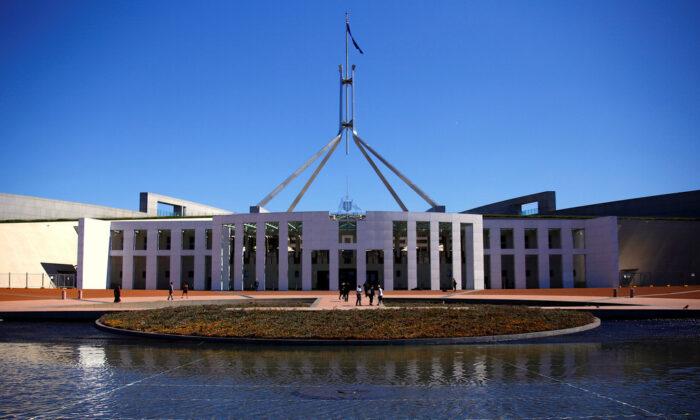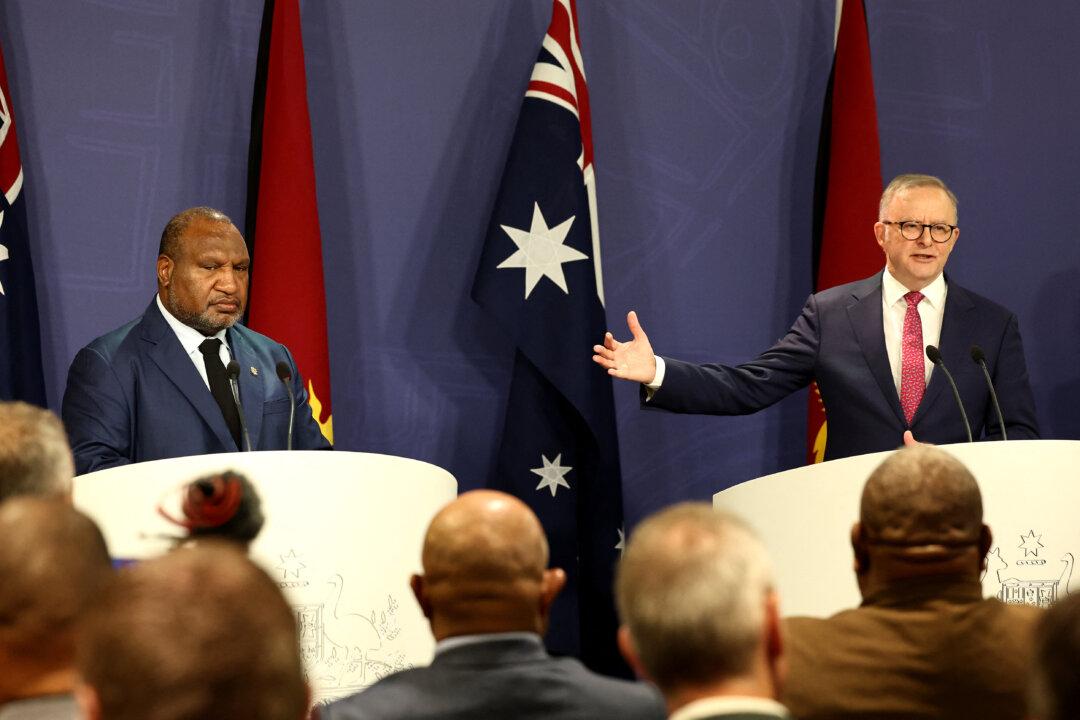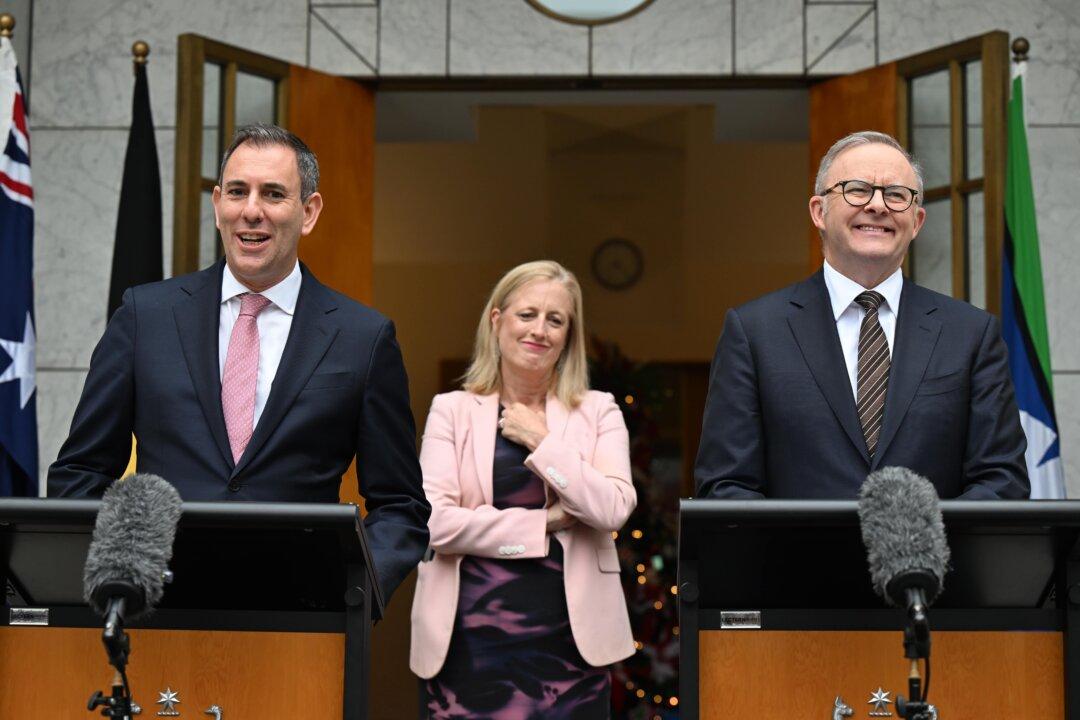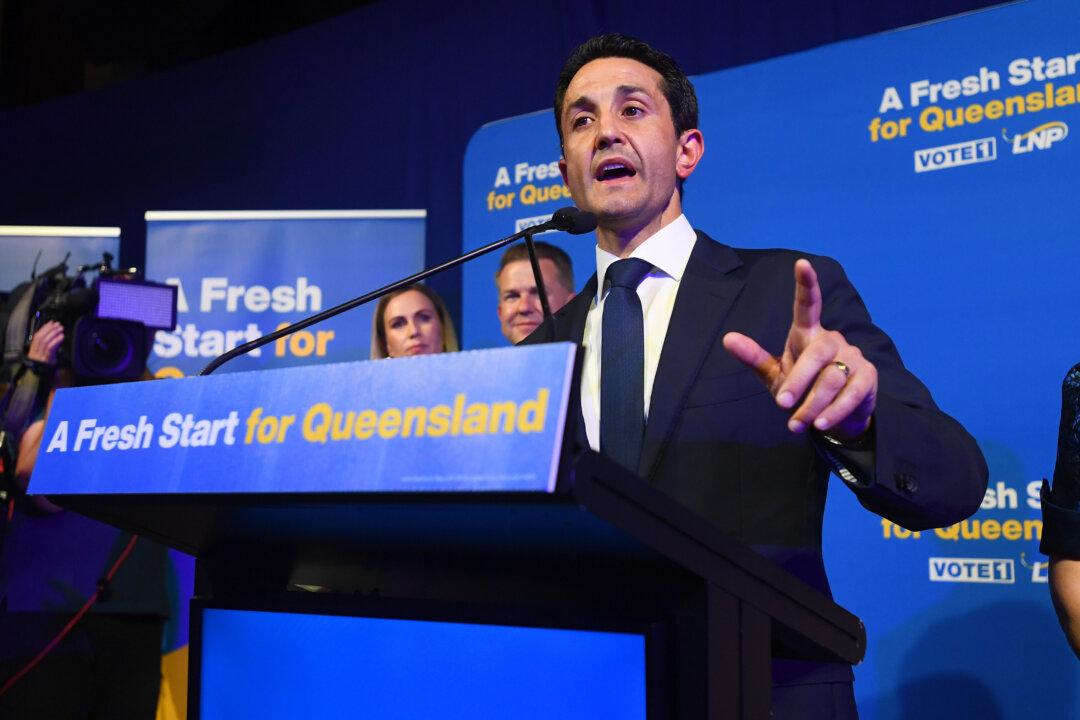A culture of consensus held back the Australian Public Service from recognising, and acting, on the threat posed by the Chinese Communist Party (CCP), leading think tank experts argue.
Peter Jennings of the Australian Strategic Policy Institute said there was a “remarkable degree of conformity” within the debate in the public service, particularly around foreign affairs.
“There’s not a lot of warmth or welcome towards people who challenge that conformity. You could argue that perhaps that’s a product of the design of the federal capital, which means that foreign and defence policy is very much a public service business inside the Australian Capital Territory and that, unlike Washington or London, it’s not troubled by a broader exposure to a range of views,” he told the Senate Standing Committee on Foreign Affairs and Trade.
Michael Fullilove, executive director at the Lowy Institute began by commending the public service saying Australia was “well served” by global standards and that resistance to outside advice had lessened.
However, he noted that the general public for years was actually ahead of the curve when it came to China.
“When the Lowy Institute was established, columnists in the newspapers made assumptions about what Australians think about foreign and defence policy. It was not necessarily backed on opinion poll data,” he told the Committee. “On China, for example, Australians have been ahead of much of the elite opinion.”
Bryce Wakefield of the Australian Institute of International Affairs agreed saying: “I think that public opinion has been out in front of the policy world on this. But I would add to that Australia, in general, has been out in front of the world on this.”
“People have sort of referred to Australia as the canary in the coalmine.”
Warnings from Australia’s spy agency to major political parties; the bribery scandal involving then-Senator Sam Dastyari; and numerous media reports exposing CCP foreign interference activities effectively galvanised the government into adopting a tougher stance on China and implementing laws to disrupt foreign interference activities.
Jennings called for a body within the Australian Public Service that could constantly challenge current policy settings and ask the “difficult questions.” He also said the government should encourage more competition of ideas and advice from external sources.





